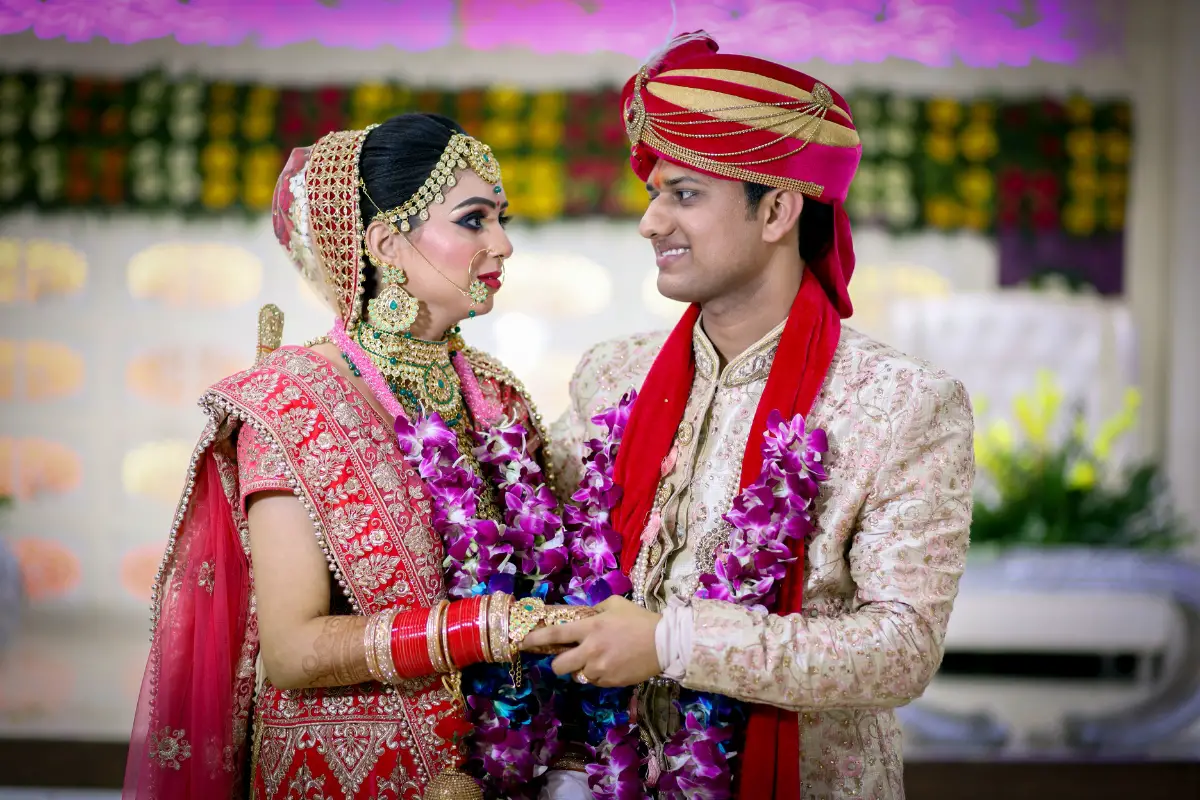Arranged Marriage Pros and Cons
The concept of arranged marriage has existed for centuries, serving as a cultural cornerstone in numerous societies across the globe. While the practice continues to evolve, it remains a topic of fervent debate, captivating hearts and minds with its blend of tradition, societal expectations, and the ever-present desire for love and fulfillment.
But amidst the romanticized portrayals and stark criticisms, lies a nuanced reality – an intricate tapestry woven with the threads of both advantages and disadvantages. Delving into the pros and cons of arranged marriages demands a careful examination of cultural contexts, evolving values, and the personal aspirations of individuals navigating this complex landscape.
Pros: A Tapestry of Potential Benefits
-
Family Guidance and Shared Values: Arranged marriages often involve meticulous matchmaking by families, prioritizing compatibility based on shared cultural backgrounds, religious beliefs, and family values. This emphasis on alignment can provide a strong foundation for building a lasting union, rooted in a sense of familiarity and shared understanding.
-
Enhanced Societal Support: The involvement of families and communities in arranged marriages often translates into a robust support system for the couple. This network of extended family and friends can offer invaluable advice, practical assistance, and emotional encouragement during the various phases of married life.
-
Financial Stability and Practical Considerations: Traditional arranged marriages often prioritize compatibility from a practical standpoint, considering factors like financial stability, social standing, and career prospects. This focus on long-term security can provide a sense of stability and comfort for couples, particularly in cultures where financial independence is highly valued.
-
Lower Divorce Rates: Statistics often indicate that arranged marriages have lower divorce rates compared to marriages based solely on romantic love. While this correlation is complex and influenced by various factors, it can suggest that the emphasis on compatibility and familial support embedded in arranged marriages might contribute to greater long-term stability.
-
Personal Growth and Self-Discovery: Stepping outside the comfort zone of familiar dating patterns, arranged marriages can prompt individuals to develop new perspectives and communication skills. Navigating the unfamiliar territory of building a relationship with a chosen partner can foster personal growth and self-discovery, leading to a deeper understanding of oneself and one’s capacity for love.

Cons: Navigating the Shadow Side
-
Limited Autonomy and Choice: Arranged marriages can sometimes present challenges to individual autonomy and freedom of choice. The lack of agency in selecting one’s partner can lead to feelings of pressure and resentment, particularly in societies where individualistic values are increasingly emphasized.
-
The Challenge of Building Romantic Chemistry: While compatibility based on shared values is crucial, the absence of initial romantic attraction can pose a significant obstacle in arranged marriages. Building a deep emotional connection and fostering intimacy over time requires dedicated effort and open communication, not guaranteed solely by shared backgrounds.
-
Gender Inequality and Power Dynamics: In some cultural contexts, arranged marriages can perpetuate existing gender inequalities, with women having less say in the partner selection process. This power imbalance can lead to dissatisfaction and hinder the development of an equitable partnership.
-
Social Pressures and Familial Expectations: Arranged marriages can involve significant social pressures and expectations placed upon the couple by their families and communities. The burden of upholding tradition and fulfilling familial obligations can sometimes overshadow the couple’s individual needs and desires.
-
Potential for Mismatched Personalities and Values: Despite careful matchmaking, there’s always a possibility of unforeseen personality clashes or incompatible values surfacing after marriage. This can lead to challenges in communication, disagreements, and ultimately, marital discord.
Beyond the Binary: A Spectrum of Experiences
It’s crucial to remember that arranged marriages are not a monolithic entity. The lived experiences of individuals within this practice vary greatly depending on cultural nuances, individual personalities, and the specific dynamics within each family and community. Some arranged marriages blossom into beautiful unions filled with love, respect, and mutual understanding, while others face inevitable struggles and may ultimately dissolve.
The Modern Landscape: Choice and Agency in Arranged Marriages
The concept of arranged marriage is gradually evolving in the face of globalization and changing societal norms. Today, many individuals opting for arranged marriages have a greater say in the selection process, engaging in meet-and-greet sessions or online platforms to get to know potential partners before committing.
This element of choice and agency empowers individuals to find compatible partners within the framework of tradition, potentially mitigating some of the drawbacks associated with the lack of initial romantic attraction.
Ultimately, the decision of whether or not to enter an arranged marriage is a deeply personal one. It requires careful consideration of individual values, cultural context, and personal aspirations. Weighing the potential benefits and challenges with introspection and honesty is crucial for navigating this complex landscape and making an informed decision that aligns with one’s own vision for happiness and fulfillment.


